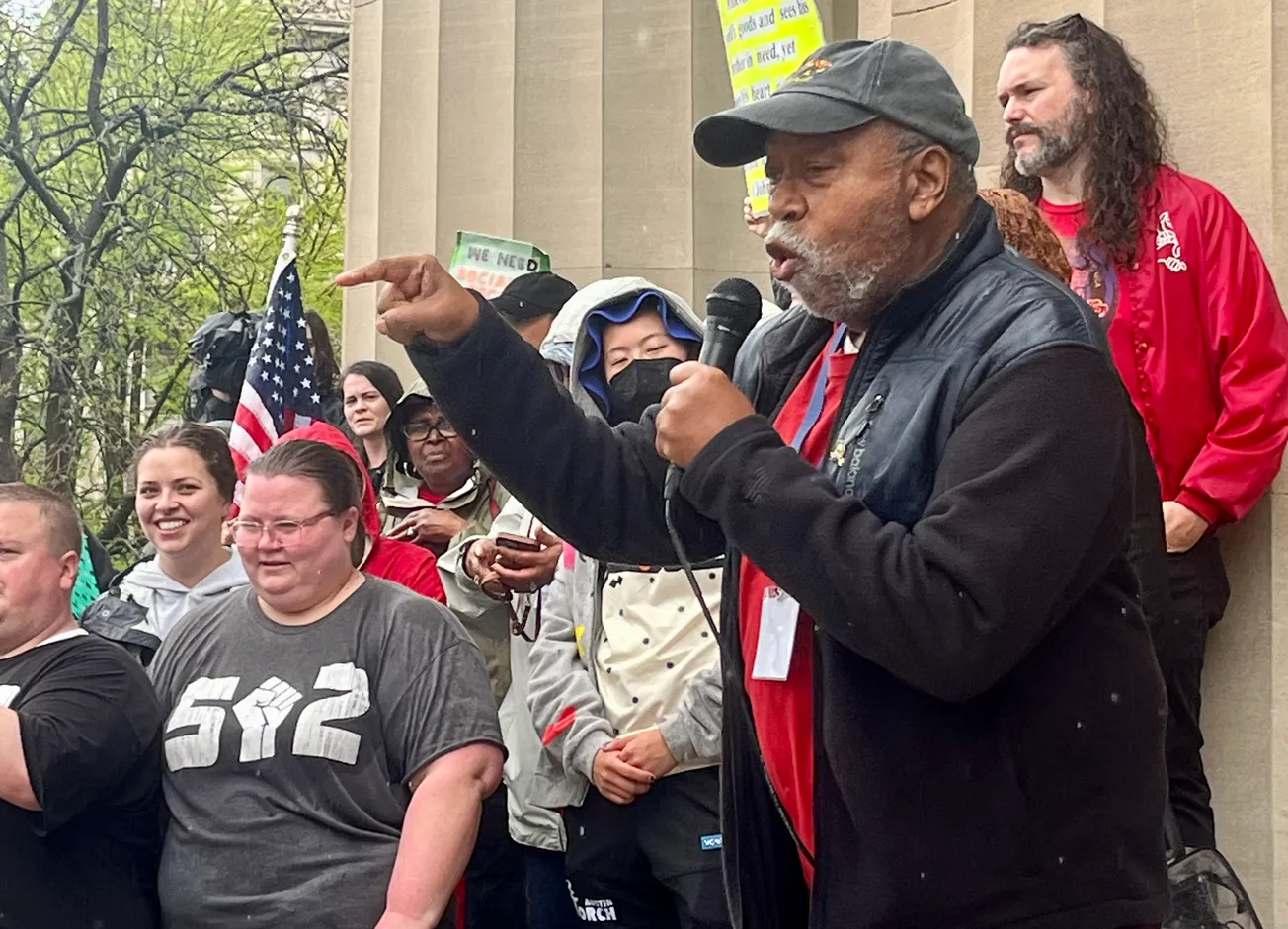In what the sponsor calls a bill to "clean some things up," more restrictions are being added to the state's medical-marijuana law and provisions were added to allow local school districts to opt out.
One of the key provisions in House Bill 829, sponsored by Rep. Jason Nemes (R-Middletown), would allow public and private schools to opt out of the program.
Public school boards are required to establish policies related to the use of medical cannabis no later than Dec. 1, 2024. The policies must either prohibit the use of medicinal cannabis on school property, or permit the use with several options for administration, as outlined in the bill.
The measure would also allow local governments to apply a small local fee to compensate for any additional costs caused by the operation of cannabis businesses; prioritize Kentucky hemp businesses for state contracting; and clarify the powers that the state Cabinet for Health and Family Services has when it comes to inspection.
It would also abolish the provisional license, which allows someone who makes an application for a license to sell medical marijuana to get the product while the application is pending. Nemes said this “put the cart before the horse.”
When the House passed the bill 66-30 on March 12, it allowed the state to move the dates up for licensing, which would allow product to be obtained when the program starts Jan. 1, 2025.
A floor amendment, filed at the request of the Kentucky League of Cities, was approved to allow cities to be able to opt out of the medical cannabis program before Jan. 1, 2025, even if a licensee had been approved before that date.
The committee substitute for the bill would require a patient to consult with a pharmacist annually to make sure the medical cannabis does not have a negative interaction with the patient's other prescriptions.
That prompted several Democrats to object in the floor debate, saying the new requirement , with a potential cost of up to $40, imposes another hurdle in accessing medical cannabis.
“It seems like we’re adding even more hurdles to make this medicine harder to receive, more expensive for folks to access. ... I really wish we were back here today to make this medicine more accessible to the people of Kentucky who have been asking us to do this for years,” said Rep. Rachel Roberts (D-Newport).
Rep. Rachel Roarx (D-Louisville) said allowing public school districts to opt out “puts barriers in place” for students who benefit from medical cannabis for conditions such as epilepsy.
Rep. Josh Bray (R-Mount Vernon) disagreed and supported the opt-out provision for schools, saying that he recognizes the need for this because some schools are concerned about the liability of administering a drug that is not authorized by the U.S. Food and Drug Administration.
Rep. Cherlynn Stevenson (D-Lexington) said she was disappointed that the bill wouldn’t expand the list of qualifying conditions that could be treated with medical cannabis, as was recommended by at “statutory advisory board of doctors and nurses appointed by the state licensing boards.” Stevenson said she hoped these conditions would be added in the Senate, where the bill has not been assigned to a committee.
--30--
Written by Melissa Patrick. Cross-posted from the KY Health News.







